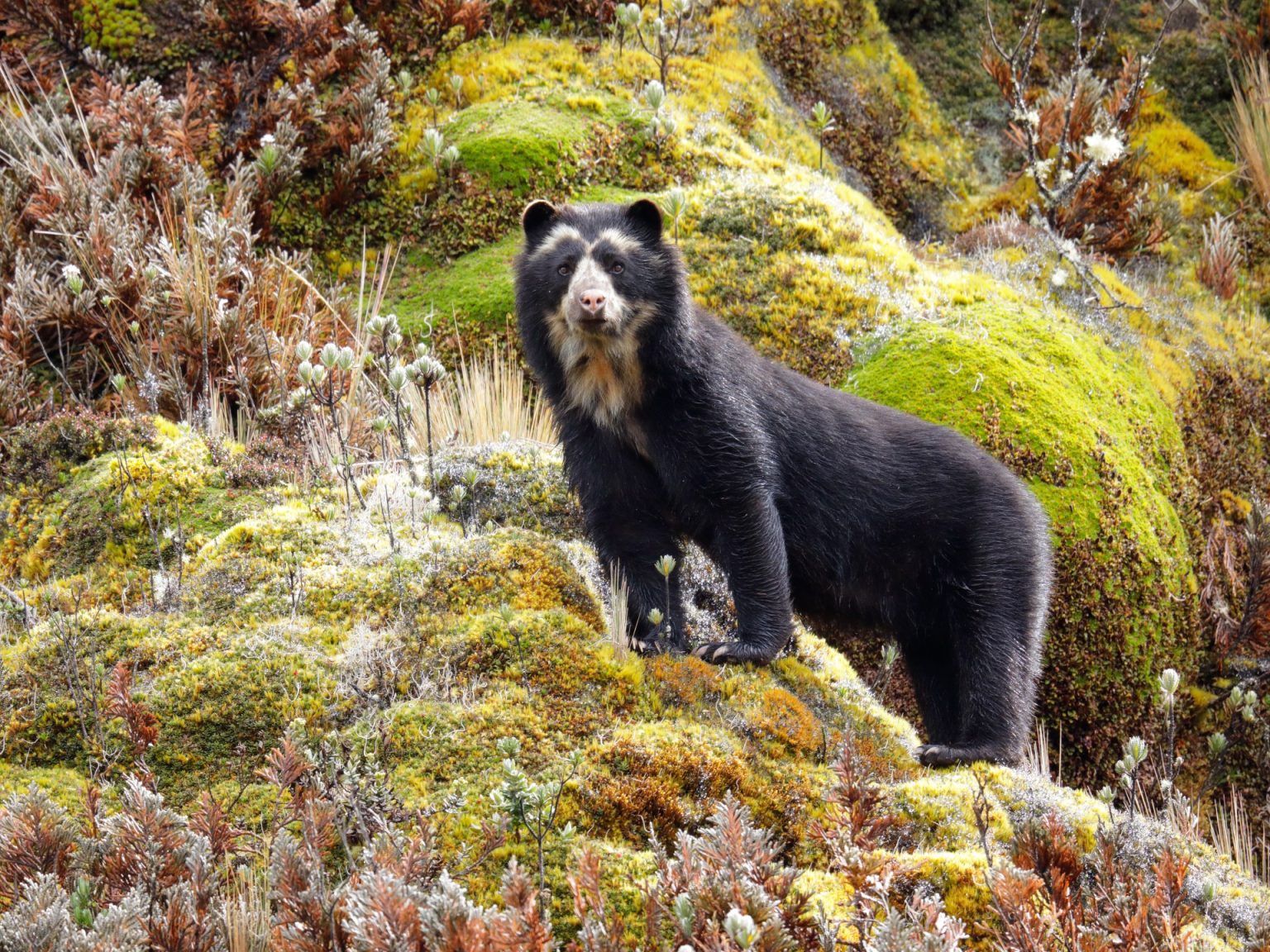Jhoan Bravo’s coffee farm, a 74-acre ancestral estate nestled within the verdant Andean mountains of Colombia’s Western Villa de Cauca region, serves as a poignant illustration of the transformative power of conservation. Bravo’s childhood memories are etched with images of hunting spectacled bears, a practice once commonplace in the region, where the animal’s fat was considered to possess medicinal properties. Hunting was ingrained in the local culture, with animal skins utilized for practical purposes and decoration. However, over time, sightings of these majestic creatures, also known as Andean bears, dwindled, marking a shift in the delicate balance of the ecosystem. While some family members continued to hunt other animals, Bravo’s focus was on logging, unaware of the detrimental impact his activities had on the bears and their habitat.
In 2017, a pivotal moment arrived when Bravo became aware of the severity of the threats facing the Andean bear. This new understanding spurred a profound change in his perspective, leading him and his family on a path from exploitation to guardianship of these vulnerable creatures. This transformation coincided with the emergence of the “We Conserve Life” initiative, a collaborative effort between local farmers, the Wildlife Conservation Society (WCS), the National Natural Parks of Colombia (PNN), and other public and private entities. The project focused on restoring the natural habitat of the spectacled bear by encouraging farmers to dedicate portions of their land, previously used for coffee cultivation, hunting, and logging, to conservation. In return, the farmers received support and financial assistance to enhance their coffee production on smaller plots, emphasizing quality over quantity.
The spectacled bear, distinguished by the characteristic cream-colored rings around its eyes, faces numerous challenges to its survival. Habitat loss due to logging, mining, cattle ranching, and agricultural expansion has drastically reduced their numbers. Hunting also poses a significant threat, with farmers often resorting to lethal measures to protect their livestock. The IUCN Red List categorizes the spectacled bear as vulnerable, with an estimated population of only 13,000 to 18,000 remaining, approximately 3,000 to 6,000 of which reside in Colombia. The “We Conserve Life” project aims to mitigate these threats by creating biological corridors, or “stepping stones,” linking fragmented forests and protected areas, enabling the bears to move freely and access essential resources.
The project’s approach has been to empower farmers, like Bravo and Liliana Grisales, to improve their coffee cultivation practices. By providing access to tools, machinery, and microorganisms to enrich the soil, the focus shifted from maximizing yields to producing high-quality coffee beans. This shift allows farmers to command higher prices for their product, improving their livelihoods while simultaneously contributing to conservation efforts. Grisales emphasizes the importance of this quality-over-quantity approach, recognizing that it benefits both the farmers and the environment. The project’s success hinges on the farmers’ voluntary commitment to conservation. While no legally binding contracts are involved, agreements are signed and renewed every five years, outlining the responsibilities of each participant. This approach fosters a sense of shared ownership and responsibility for the project’s success.
Initial skepticism among the farmers, fueled by past negative experiences with outside authorities, posed a significant hurdle for the “We Conserve Life” initiative. Bravo himself admits to initial resistance, fueled by a sense of mistrust. However, persistent engagement by the alliance and the tangible benefits of improved farming practices gradually won over the farmers. A turning point came in 2021 when camera footage revealed the presence of spectacled bears on the restored land, solidifying the farmers’ belief in the project’s efficacy and igniting a sense of pride and ownership in their conservation efforts. This tangible evidence dispelled any lingering doubts and reinforced the importance of their contributions.
The project’s impact extends beyond the immediate benefits to the farmers and the spectacled bears. It fosters a deeper understanding of the interconnectedness of human activities and the environment. Carlos Rendon, a former hunter, speaks of his awakening and the responsibility he feels towards future generations. The project has helped instill a sense of stewardship among the farmers, transforming them from exploiters to protectors of their natural heritage. The “We Conserve Life” initiative underscores that conservation is not about halting human activity but about finding sustainable ways to coexist with nature. By empowering farmers to improve their coffee production while simultaneously restoring the habitat of the spectacled bear, the project demonstrates the potential for mutually beneficial partnerships between human communities and the environment. The project’s success is measured not just by the increasing occupancy rate of the bears but also by the improved livelihoods of the farmers and the growing sense of shared responsibility for conservation within the community.

